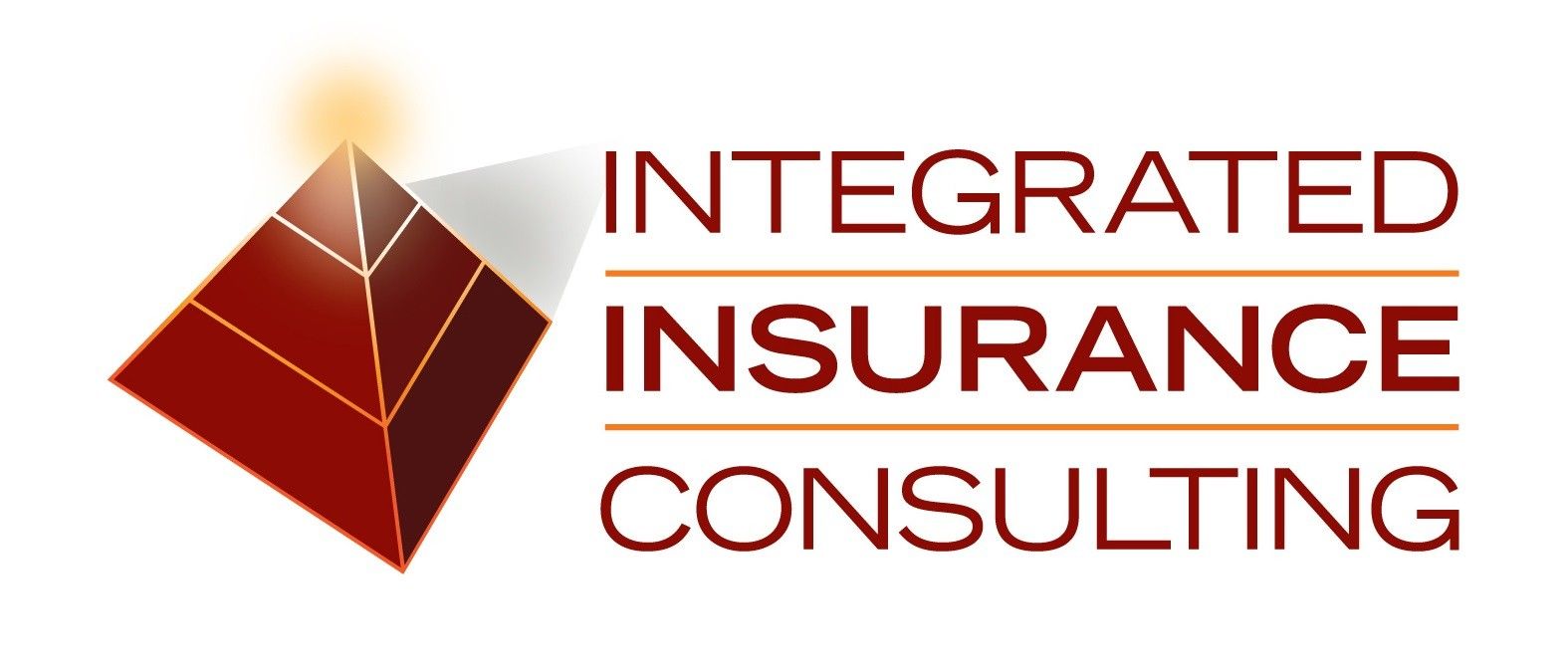Who owns Who? (Special ALIRT Reports)
The latest ALIRT report reflects a concerning trend for “offshore”, “hedge fund” and more “personal ownership” of life insurance companies. A few well-known companies have recently reinsured blocks of business with outside or offshore entities. Most notably, Prudential, Principal & Lincoln National are amongst these companies. With more and more of these transactions happening, it is harder to keep track of who owns who. As we move forward, we are likely to know less about the real financial shape of a carrier.
Prudential Reinsures GUL Block
Life insurance is a long-term business, and very capital intensive. As insurance company reserve requirements continue to increase, many are looking for ways to alleviate the strain and free up capital. This is a driving force behind some of these arrangements. It helps stock and privately owned companies deliver a better bottom line sooner.
Privately-Owned Insurers in the U.S. Life Insurance Industry
The Feeling is Mutual
A mutual carrier can take a longer view and doesn’t have to address or pay shareholders. I have noticed a trend of my own in the last 15 years. I find myself recommending and using mutual and mutual holding company products more. This is especially true for non-guaranteed products. Life insurance is all math, and it can take years to know if you used the right assumptions to deliver on your promises.
Today, many carriers are struggling for profitability as more customers are buying the “lowest priced” option. Some carriers are finding out they were too aggressive with their previous assumptions and guarantees. Instead of reserving more for expected losses, they are looking to dump the problem on others in different ways.
Many years ago, I worked for a mutual insurance company and recall our actuaries discussing how some of the new secondary guaranteed life insurance policies in the marketplace were not soundly priced or reserved. All of what was said has turned out to be true. In fact, in 2009 Moody’s published an article titled “Revenge of the Mutuals”. This article is still relevant today, and the financial concerns for the industry and certain carriers have since grown.
What to look for?
Carrier selection should start with ratings and reputation. A privately-owned company or stock company can have good products and have a reputation of integrity with their customers. As well, being a mutual doesn’t automatically mean you have good products. Today more than ever, helping your clients shop for insurance requires an insurance professional with access and experience.
We are happy to provide a Life Insurer Financial Analysis when needed: Sample Report

